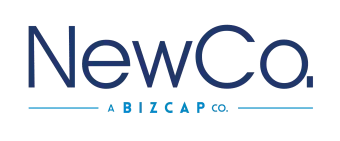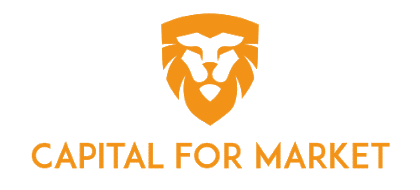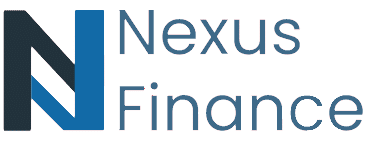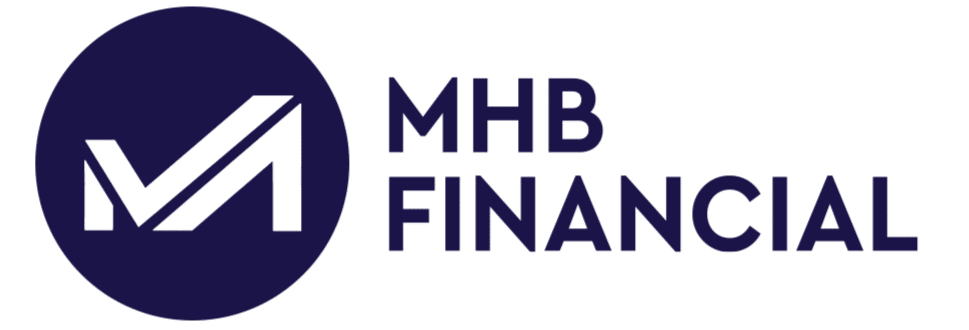Introduction to Business Loans
Business loans are one of the most important tools Canadian companies use to grow, manage cash flow, and invest in new opportunities. Whether you’re running a small startup in Toronto, scaling a growing business in Calgary, or managing an established operation in Vancouver, access to financing can make the difference between staying stagnant and moving forward.
Through Smarter Loans, business owners can compare funding options from Canada’s largest network of 50+ trusted lenders – all in one place. Our partners offer a full spectrum of financing solutions, from term loans and lines of credit to equipment financing, MCAs, and working capital loans. By simplifying the process and putting every option side by side, Smarter Loans makes it easier than ever for Canadian entrepreneurs to find the right loan and get approved quickly.
Start your application to compare available lenders.
Why Choose Smarter Loans for Business Financing
At Smarter Loans, we’ve been helping Canadian entrepreneurs and companies secure the funding they need since 2016. As Canada’s largest online loan marketplace, we connect borrowers with a network of 50+ trusted lenders offering everything from term loans and lines of credit to equipment financing and working capital solutions. Our mission is to make borrowing safe, fast, and transparent. With pre-vetted providers, side-by-side comparisons, and tools to help you choose the right loan, Smarter Loans is the most reliable place in Canada to get approved for business financing.
Types of Business Loans in Canada
Canadian businesses have access to a wide range of financing options, each designed to serve different needs. Here are the most common types of business loans you can find in Canada:
-
Term Loans
A lump sum loan that’s repaid over a fixed period, usually with set interest rates and monthly payments. Best for larger projects, expansions, or significant investments where predictable repayment is important. -
Short-Term Loans
Designed for quick cash flow needs, these loans are typically smaller and repaid over a shorter period. Ideal for covering payroll, seasonal expenses, or bridging temporary cash flow gaps. Estimate your payment with our Business loan calculator. -
Merchant Cash Advances (MCAs)
Funding based on future sales. Lenders provide an upfront sum, repaid as a percentage of daily or monthly revenue. While fast and flexible, MCAs can be more expensive than traditional loans. Use our MCA calculator tool to know the true cost of a merchant cash advance. -
Business Lines of Credit
A revolving credit limit you can draw from as needed. Business Lines of Credit are perfect for managing working capital, covering ongoing expenses, or being prepared for unexpected costs. -
Equipment Financing & Leasing
Helps businesses purchase or upgrade equipment without tying up cash flow. The equipment itself often serves as collateral, making equipment financing an accessible option for many industries. -
Invoice Financing (Accounts Receivable Financing)
Unlocks capital tied up in unpaid invoices. Businesses receive immediate funds while waiting for clients to pay, improving cash flow without taking on traditional debt. -
Working Capital Loans
Short-term loans designed to cover everyday operating expenses like inventory, payroll, and rent. Helpful for businesses managing seasonal cycles or growth periods. -
Commercial Mortgages
Used for purchasing, refinancing, or renovating business properties. Terms and amounts vary widely, but these loans are essential for companies investing in real estate.
How to Get a Business Loan in Canada
Securing a business loan in Canada doesn’t have to be complicated. Whether you apply through a bank, credit union, or an online lender, there are a few key steps and requirements that most providers will expect.
Step 1: Prepare Your Documents
Most lenders want to see proof of business ownership (such as incorporation documents or registration), recent financial statements or tax returns, and details about revenue and expenses. A clear business plan that outlines how you’ll use the funds can also strengthen your application.
Step 2: Review Eligibility Requirements
Eligibility varies by lender, but common criteria include at least 6 months in business, minimum monthly revenue (often $10,000 or more), and a fair to good credit score. Even if you don’t meet all of these benchmarks, alternative and online lenders often provide options for startups or businesses with weaker credit.
Step 3: Compare Lenders and Loan Types
Traditional banks may offer lower interest rates but have stricter requirements and longer approval timelines. Online lenders, on the other hand, often provide faster approvals (sometimes within 24 – 48 hours) with more flexible terms. Platforms like Smarter Loans make it easy to compare dozens of lenders in one place so you can find the option that best fits your needs.
Step 4: Apply and Get Approved
Once you’ve chosen the right lender and loan type, you can apply online or in person. Many lenders provide decisions within a few days, and funds can often be deposited directly into your account.
By taking the time to prepare your documents, understand your eligibility, and compare options, you’ll improve your chances of approval and secure the financing your business needs to grow.
Tip: Even if you don’t meet every requirement, alternative and online lenders often provide options for newer businesses or those with weaker credit.
Eligibility Criteria for Business Loans in Canada
While each lender sets its own requirements, most Canadian business loan providers look for some common qualifications before approving financing. Understanding these criteria will help you prepare and increase your chances of getting approved.
Typical Eligibility Factors:
-
Time in Business: At least 6 months of operating history is standard, though some lenders require 1 – 2 years.
-
Monthly Revenue: Many providers look for a minimum of $10,000 in gross monthly revenue.
-
Credit Score: A fair to good credit score is often preferred, but alternative lenders may consider applicants with weaker credit.
-
Cash Flow: Lenders want to see evidence of stable and consistent cash flow to ensure repayment capacity.
-
Business Documentation: Incorporation or registration documents, financial statements, and tax returns are often required.
Good to Know:
-
Even if you don’t meet every requirement, there are still options. Online and alternative lenders in Canada often offer flexible programs for startups, newer businesses, or those with less-than-perfect credit.
-
Some loan types, like equipment financing or invoice factoring, rely more on the value of the asset or invoices rather than your business’s credit profile.
By understanding what lenders look for and preparing the right documents in advance, you’ll be in a stronger position to secure the funding your business needs. Ready to Start? Apply with Smarter Loans.



































